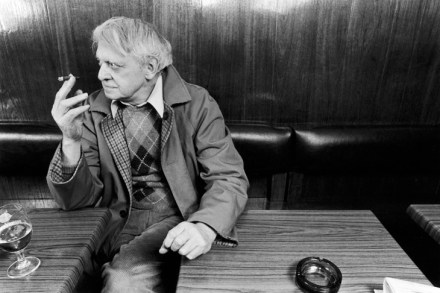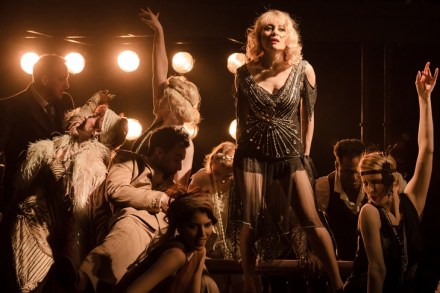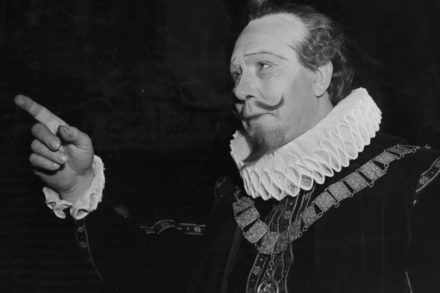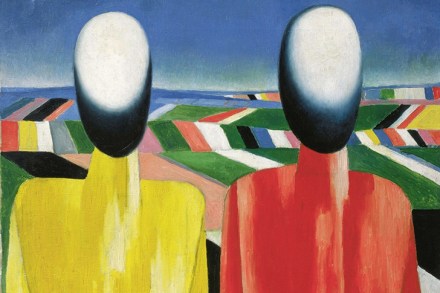All in the mind | 2 March 2017
At the third UK International Radio Drama Festival held last week in Herne Bay, entitled ‘And Let Us Listen to the Moon’, the entries included an Australian play about Chekhov, the limericks of Edward Lear translated into Serbian, a Czech version of Hamlet in which the palace at Elsinore is transformed into a sporting arena, and a play from Palestine in Arabic about three female political activists. Fifty dramas from 17 countries and in 15 different languages were broadcast at various venues across the Kentish town. Not quite Cannes in May — tea and scones stood in for champagne and caviar — but the festival’s success goes to show that





















